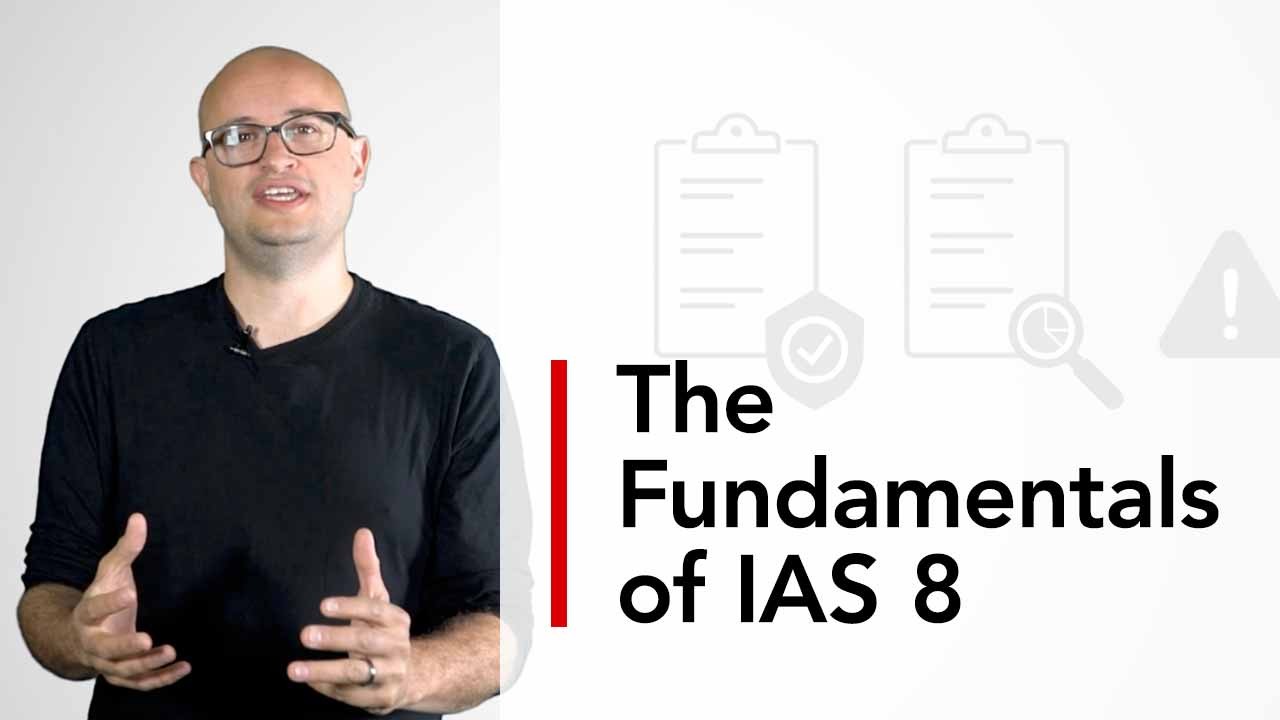
Many of us will be familiar with being told by our parents that we are not allowed pudding unless we finish our dinner first, with that age-old bargaining tactic being a fundamental building block in the fight to get children to eat vegetables.
One day, the realisation comes to us as adults that those rules no longer apply. Many of us who have experienced this understand the joy that comes in knowing you can have ice cream for breakfast, before the sad realisation that maybe this is not the way to live your life, and your mother was right after all.
Up first
At the recent IFRS Foundation Conference, the chair of the International Accounting Standards Board (IASB) Andreas Barckow announced a similar tactic in his keynote speech.
Many of us may go wide-eyed at the thought of a new intangibles standard, but we must finish our dinner before we get to it. The first steps for the IASB are to finish its workplan, which Barckow outlined would take until late 2023 at the earliest.
It is pleasing and a little daunting that the work of the ISSB will be considered alongside future projects from the IASB
We will look at these in more detail in the coming months, but it was announced that two significant projects are at an intense stage of decision-making, namely the project on the primary financial statements and project on goodwill and impairment. These are areas that could have a substantial impact on some financial statements, and, for most entities, are likely to be the two most important projects that are currently on the workplan.
Fusion concept
A large section of the speech referred to the importance of working together with the newly formed International Sustainability Standards Board (ISSB). Barckow outlined that connectivity between the two boards is something that has been urged by stakeholders and that he believes this collaboration will result in connected information coming out of both boards that suits the needs of investors.
An example of this connectivity can already be seen in relation to a project on the current workplan. Work on the Management Commentary project will be slowed for a while to consider input from the ISSB.
While this is not unwelcome, the depth of collaboration is perhaps a surprise to many of us, who maybe believed that the ISSB work would be a little more separate to the financial reporting aspect.
It is both pleasing and a little daunting to see that the work of the new board will be considered alongside future projects from the IASB. To reassure preparers who may start to become a little concerned at what this may mean in terms of workload, Barckow stated that the existence of the ISSB would not mean changes to the entire suite of IFRS Standards.
The pudding
Like any good attempt to get us to eat our vegetables, Barckow took a moment to remind us of what is to come. As covered here, this is two new research projects (statement of cashflows, intangible assets) and one maintenance project on climate-related risks.
The statement of cashflows will be looked at, but this will be separate from the current project on Primary Financial Statements, so that the current project will not be delayed.
In relation to the research project on intangible assets, he noted that the current standard was not developed in today’s service-orientated world, and this can make it impossible to use the financial statements to gain a good understanding of how service-orientated businesses derive their value.
Those concerned about whether it will now take a little longer for items to be ready, you may be right
Watch and learn
See Adam Deller’s series of short videos setting out the fundamentals of some of the trickier financial reporting concepts
It was noted that intangible assets can cover a broad spectrum of items, from patents and software at one end to intellectual property, human capital and social capital at the other. Again, Barckow stated that it is likely that some of these areas may be better addressed by the ISSB and that he could envision them working together on some parts of the project.
In addition to the intangibles project, it was stated that any work on climate-related risks is likely to be done in conjunction with the ISSB, which has already released an exposure draft on climate disclosures.
Any work on climate-related risks done by the IASB will not commence until feedback on this exposure draft has been received and reviewed.
Delays in the kitchen?
While there might not be any large surprises in the speech, it does sound like the process may actually be a little slower than anticipated. It appears to be the case that some decisions are no longer going to be simply driven by the IASB, but that there could be an element of financial reporting changes being considered by both boards before decisions are made.
For those of you who are concerned about whether it will now take a little longer for items to be ready, you may well be right. Here’s hoping that when things are ready, we don’t want to send them back to the chefs.




